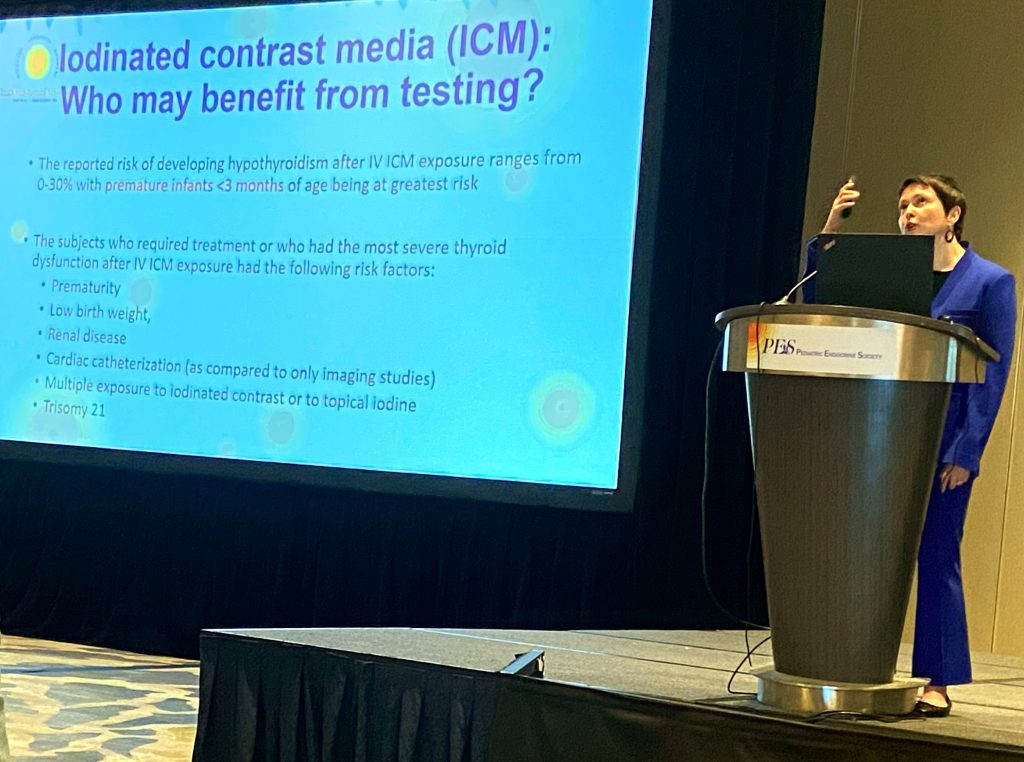
Sirtuin1 is a protein that is essential for health. Insulin resistance results when sirtuin1 is lost from skeletal muscle. A team at the University of Iowa led by Drs. Kaiko Irani and Qiuxia Li investigated the impact of sirtuin1 in the vasculature. To accomplish this they knocked out sirtuin1 from the cells that line the inside of blood vessels. As expected, the resulting blood vessels were dysfunctional. Typically, skeletal muscle will become insulin resistant when blood vessels are dysfunctional . However, in this case, the skeletal muscles of the mice lacking blood vessel sirtuin1 were unexpectedly more sensitive to insulin. Importantly, to understand this surprising finding the investigative team identified the mechanism that increases muscle insulin sensitivity. Specifically, the loss of sirtuin1 caused the blood vessel cells to secrete thymosin beta-4, an enhancer of insulin sensitivity in skeletal muscle. These findings highlight the complex actions of sirtuin1 on insulin sensitivity. The publication resulting from the work is entitled “Deficiency of endothelial sirtuin1 in mice stimulates skeletal muscle insulin sensitivity by modifying the secretome”, is published in the journal Nature Communications, and can be found at this link. Dr. Norris from our division is a co-author on the manuscript and contributed to the work by helping direct the studies measuring muscle insulin sensitivity.







